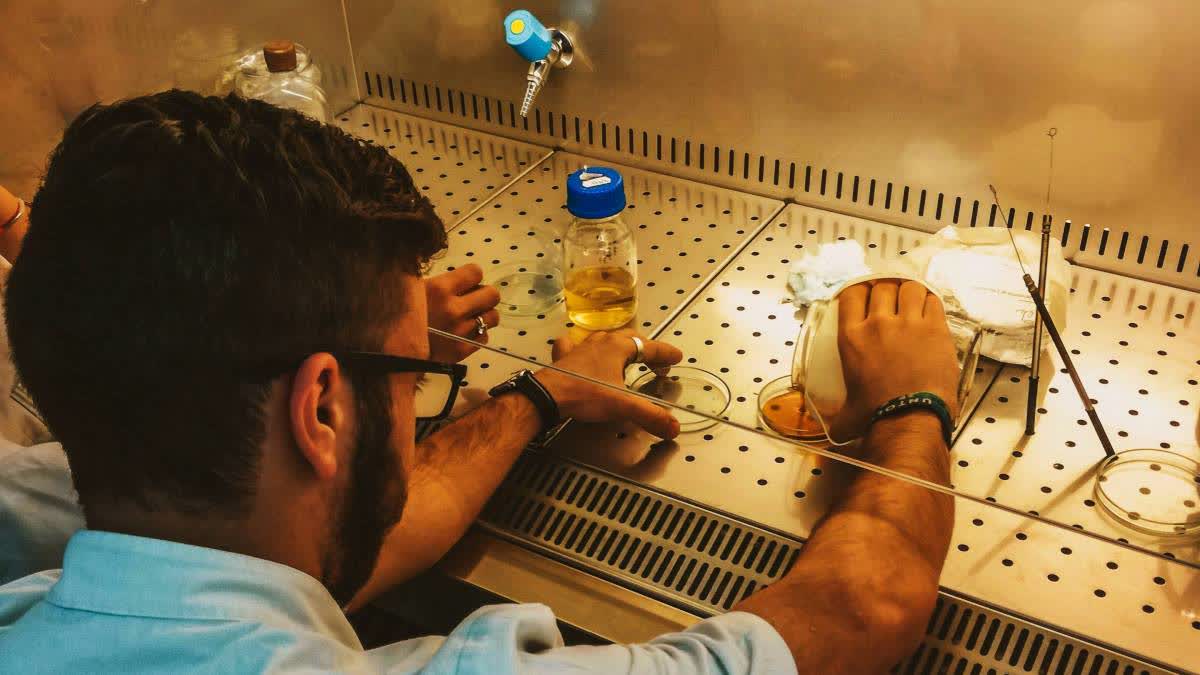Kozhikode:The Kerala government is planning to utilise advanced DNA sequencing technology to help in the identification of the 52 samples of the victims of Wayanad landslides.
These decomposed body parts were recovered from the Mundakkai-Chooralmala area and are set to be examined using this innovative technology, which is about to be used for the first time in the state.
The identification process, which began earlier, is currently underway at the Regional Forensic Lab in Kannur. A dedicated six-member team is working round the clock to identify the victims. However, obtaining clear DNA results have become challenging because of the decayed samples.
What is DNA Sequencing?
DNA sequencing is the process of determining the precise order of nucleotides within a DNA molecule. It involves identifying the sequence of the four bases namely adenine, guanine, cytosine, and thymine in a strand of DNA. Given a DNA sample, DNA sequencing can determine the sequence of these four bases.
The results are then reported as a text string known as a "read." Some DNA sequencers also function as optical instruments, analysing light signals originating from fluorochromes attached to nucleotides.
Notably, 437 body parts were recovered form the landslide-hit areas of which, DNA tests of 401 parts were completed last week. Of which, 349 body parts belonging to 248 persons, including 121 men and 127 women were identified.
Read more
Wayanad Landslides: Kerala CM Announces Compensation For Kin Of Deceased, Injured
